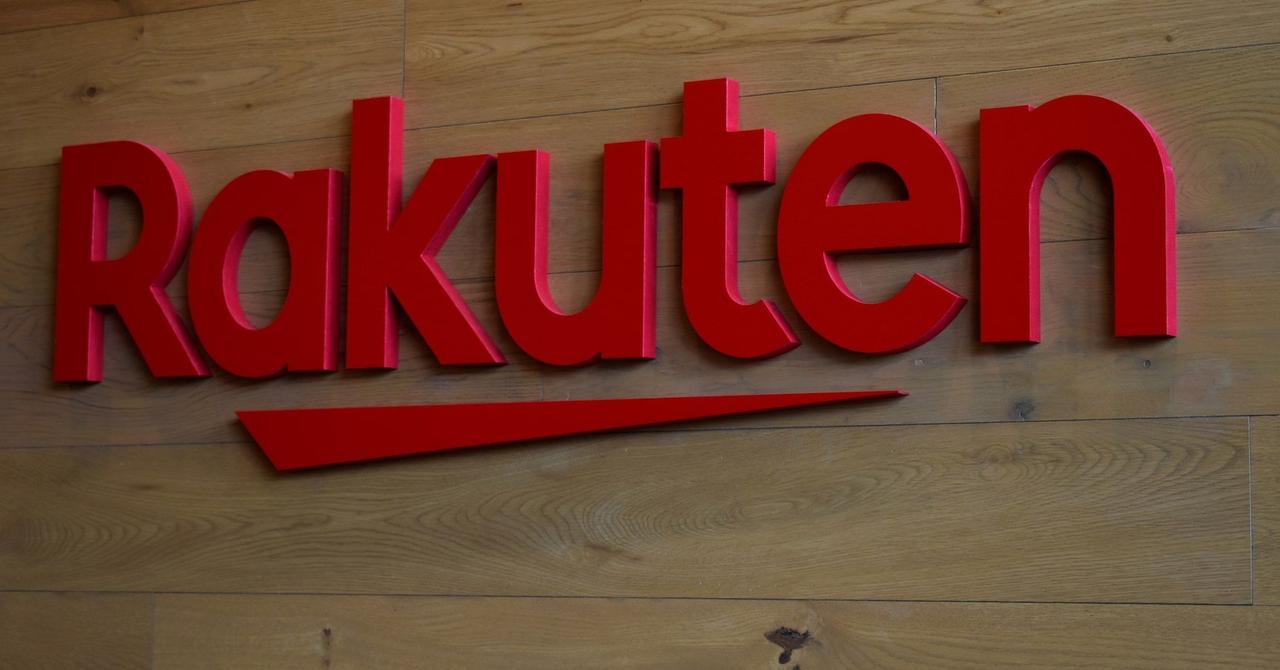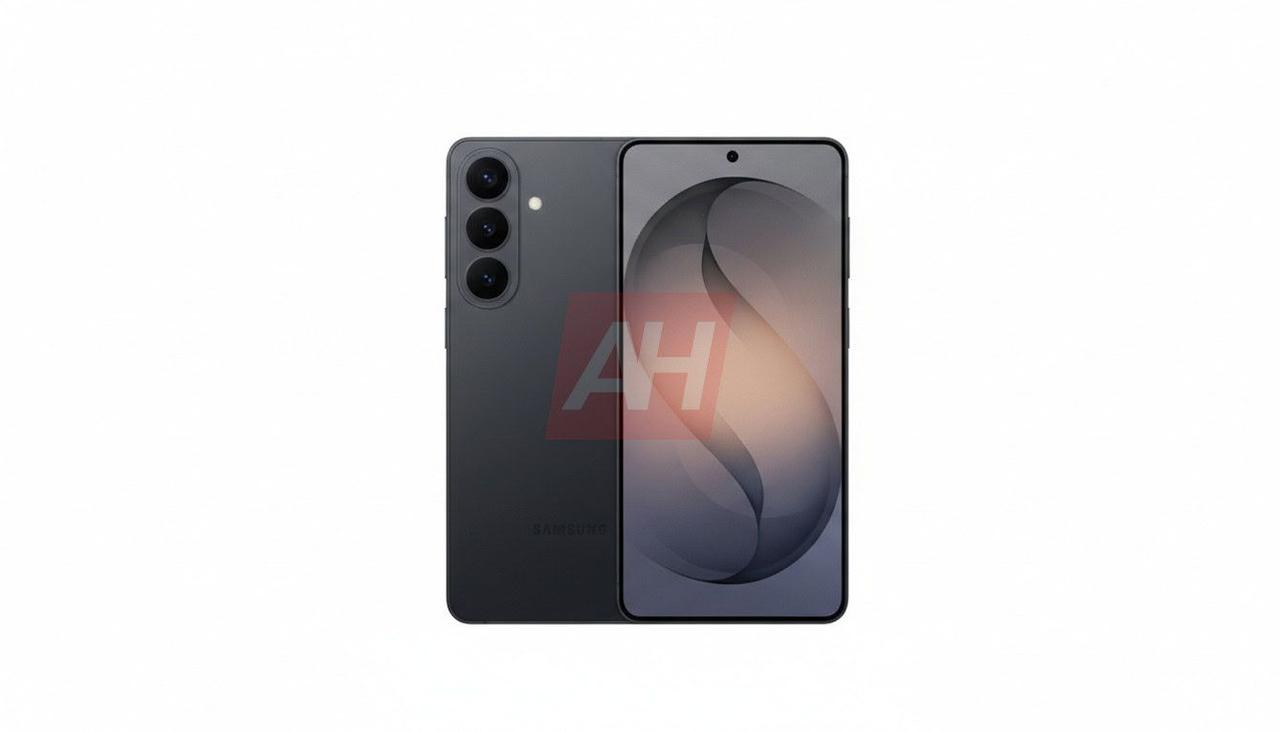Rakuten CEO Defends Mobile Venture, Bets Big on AI with Exclusive User Data
4 Sources
4 Sources
[1]
Rakuten founder defends costly mobile foray with big AI bet
Rakuten's chief dismissed skeptics who call the Japanese e-commerce pioneer's mobile foray a mistake and said the telecom arm is central for future growth through artificial intelligence. A decision to enter Japan's cutthroat wireless market has saddled Rakuten with four years of losses, weighing on its cash-churning online shopping mall and finance operations. But that mobile arm and its 8 million-plus users help train an AI poised to expand the conglomerate's business, according to billionaire founder Hiroshi Mikitani. The amount of exclusive data Rakuten gathers from its users is "extremely powerful," Mikitani said in an interview. "We have no intent to compete against OpenAI or Google. But we will actively build a more vertically integrated, specialized AI."
[2]
Rakuten Billionaire Justifies Mobile Arm Losses with Big AI Bet
Rakuten Group Inc.'s chief dismissed skeptics who call the Japanese e-commerce pioneer's mobile foray a mistake and said the telecom arm is central for future growth through artificial intelligence. A decision to enter Japan's cutthroat wireless market has saddled Rakuten with four years of losses, weighing on its cash-churning online shopping mall and finance operations. But that mobile arm and its 8 million-plus users help train an AI poised to expand the conglomerate's business, according to billionaire founder Hiroshi Mikitani.
[3]
Mikitani Justifies Mobile Arm Losses with Big AI Bet
Rakuten Group CEO Hiroshi Mikitani is dismissing skeptics who call the Japanese e-commerce pioneer's mobile foray a mistake and said the telecom arm is central for future growth through AI. Mikitani says the data gathered from its users is "extremely powerful." He spoke exclusively to Bloomberg's Shery Ahn in Tokyo. (Source: Bloomberg)
[4]
Rakuten: Mobile Business Provides 'Extremely Powerful' Data to Train AI | PYMNTS.com
Rakuten Group expects the data gathered by its mobile business to help train artificial intelligence (AI) will deliver benefits across the conglomerate's operations. For example, the company is set to launch an AI assistant that serves as a travel and shopping agent for customers, Bloomberg reported Sunday (Jan. 19). "We have no intent to compete against OpenAI or Google," Rakuten CEO Hiroshi Mikitani said in the report. "But we will actively build a more vertically integrated, specialized AI." While Rakuten's online shopping and finance operations are successful, the Japanese company's mobile arm has operated at a loss for four years, according to the report. However, Mikitani said the mobile arm's 8 million customers have helped Rakuten gain exclusive data that is "extremely powerful," per the report. Rakuten has also found that the users of its mobile network spend almost 50% more than other customers on its online shopping mall and engage with the company's credit card, travel, banking and brokerage operations, the report said. eCommerce giants have long relied on vast troves of customer data to power their AI-driven recommendation engines and personalized shopping experiences and have struggled to find new high-quality data sources as they exhaust this low-hanging fruit, PYMNTS reported in July. This scarcity is pushing businesses to explore innovative data collection methods, such as leveraging Internet of Things (IoT) devices for real-time consumer behavior insights. With this data, companies can use AI to extract valuable insights that reshape industries and drive decision-making across the corporate landscape. Companies are using AI-powered data mining techniques to gain a competitive edge in areas ranging from predicting consumer behavior to optimizing supply chains. In another recent move, Rakuten said in May that it was expanding its cashback shopping platform to include a membership program called Rakuten+ that was created specifically for designer brands. Rakuten+ aims to connect these brands with select, highly engaged Rakuten members, offering them access to the most loyal and active shoppers of designer fashion on the platform.
Share
Share
Copy Link
Hiroshi Mikitani, Rakuten's CEO, justifies the company's loss-making mobile arm by highlighting its potential for AI development using exclusive user data, aiming to create specialized AI solutions across the conglomerate's operations.

Rakuten's Mobile Venture: A Strategic Move for AI Development
Hiroshi Mikitani, the billionaire founder and CEO of Rakuten Group Inc., has staunchly defended the company's controversial foray into Japan's competitive mobile market, despite four years of consecutive losses. Mikitani argues that the telecom arm, which has amassed over 8 million users, is pivotal for Rakuten's future growth through artificial intelligence (AI)
1
2
.The Power of Exclusive User Data
Mikitani emphasizes the significance of the data collected from Rakuten's mobile users, describing it as "extremely powerful"
1
3
. This exclusive dataset is expected to play a crucial role in training AI systems that will benefit various aspects of the conglomerate's operations. The CEO's vision extends beyond competing with tech giants like OpenAI or Google, focusing instead on building "a more vertically integrated, specialized AI"1
4
.Cross-Platform Synergies and AI Applications
Rakuten has observed that users of its mobile network tend to be more engaged with the company's other services. These customers spend almost 50% more on Rakuten's online shopping mall and show increased activity across its credit card, travel, banking, and brokerage operations
4
. This cross-platform engagement provides Rakuten with a rich, diverse dataset for AI training.AI-Powered Innovations on the Horizon
The company is poised to leverage its AI capabilities in innovative ways. One upcoming project is the launch of an AI assistant designed to serve as a travel and shopping agent for customers
4
. This initiative demonstrates Rakuten's commitment to applying AI technology to enhance user experiences and potentially create new revenue streams.Data-Driven Competitive Edge
Rakuten's strategy aligns with a broader trend in the e-commerce industry, where companies are increasingly relying on vast troves of customer data to power AI-driven recommendation engines and personalized shopping experiences. As traditional data sources become exhausted, businesses like Rakuten are exploring innovative data collection methods to maintain a competitive edge
4
.Related Stories
Expanding Ecosystem: Rakuten+
In a related move to enhance its e-commerce offerings, Rakuten recently introduced Rakuten+, a membership program specifically created for designer brands. This initiative aims to connect high-end brands with select, highly engaged Rakuten members, offering access to the platform's most loyal and active shoppers of designer fashion
4
.The Mobile Gambit: Short-Term Pain for Long-Term Gain?
While Rakuten's mobile venture has been a financial burden, weighing on the company's profitable online shopping mall and finance operations, Mikitani remains confident in its long-term potential. The CEO's unwavering stance suggests that Rakuten views the short-term losses as an investment in building a robust, data-rich ecosystem that will fuel its AI-driven future
1
2
.As Rakuten continues to integrate its various business arms and harness the power of AI, the company's bold strategy in the mobile sector may prove to be a pivotal move in reshaping its position in the competitive digital landscape.
References
Summarized by
Navi
[1]
[3]
Related Stories
Rakuten to Invest $100 Million in India, Boost AI-Driven Operations
30 Apr 2025•Business and Economy

SoftBank and OpenAI Launch Joint Venture in Japan Amid Growing AI Investment Concerns
05 Nov 2025•Business and Economy

Sakana AI: Japan's Nature-Inspired AI Startup Challenges Industry Giants
10 Sept 2025•Startups

Recent Highlights
1
French Police Raid X Office as Grok Investigation Expands to Include Holocaust Denial Claims
Policy and Regulation

2
OpenAI launches Codex MacOS app with GPT-5.3 model to challenge Claude Code dominance
Technology

3
Anthropic releases Claude Opus 4.6 as AI model advances rattle software stocks and cybersecurity
Technology





